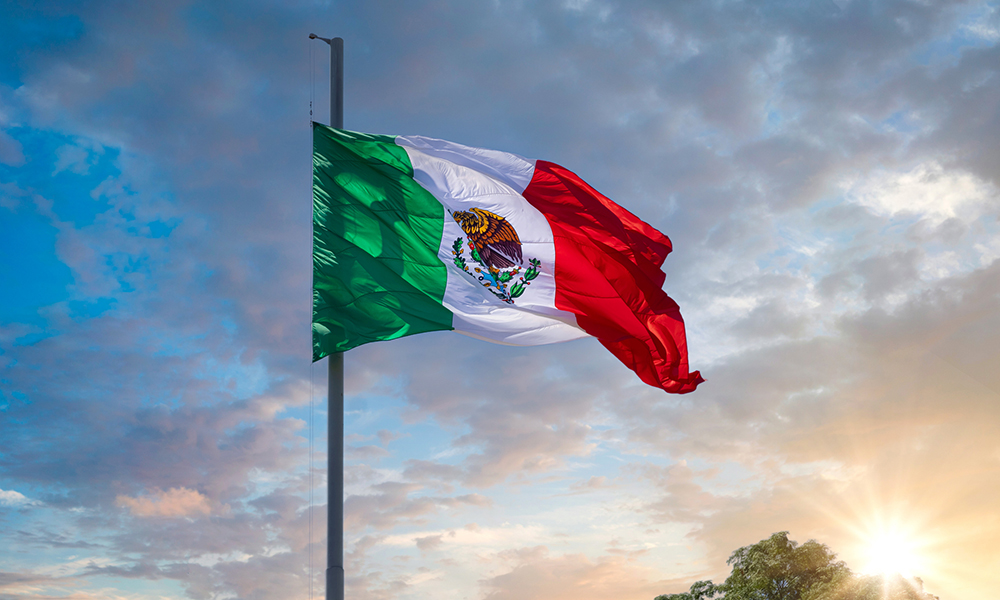Mexico: Key Strategies to Mitigate Risks Following the U.S. Designation of Cartels as Foreign Terrorist Organizations

The recent decision by the United States to designate Mexican cartels as Foreign Terrorist Organizations (FTOs) marks a significant shift in the risk landscape for multinational companies with interests in Mexico and Latin America. Below, we analyze key strategies for mitigating these risks.
The classification of Mexican cartels as Foreign Terrorist Organizations (FTOs) requires companies to reassess and recalibrate their compliance strategies, shifting from a reactive or routine approach to the adoption of a proactive, targeted, and strategic strategy.
Multinational companies operating in Mexico or Latin America that provide "material support" (such as services, tangible or intangible assets, money, transportation, or accommodation) to entities designated as FTOs could face criminal and civil liabilities. Among the possible consequences are the freezing of bank accounts or the inability to conduct financial transactions with the United States.
Additionally, it is important to note that, with this new designation, the jurisdiction of U.S. authorities has been expanded. Therefore, companies must be aware that any operation conducted with such entities could be considered material support, even when there is no connection to the United States.
In this new scenario, executives and compliance and legal teams should drive key actions such as:
- Properly document reasonable efforts to avoid even the slightest connection with an entity designated as an FTO, designing a comprehensive, multi-area strategy.
- Refine due diligence: expand the scope of risk assessment by meticulously analyzing each level of the value chain to identify potential vulnerabilities. Similarly, in mergers and acquisitions (M&A) processes, enhance due diligence by ensuring the inclusion of appropriate measures to effectively detect potential risks. Additionally, incorporate processes for Anti-Money Laundering (AML) and Counter-Terrorism Financing (CTF), even if not mandatory subjects.
- Strategic intelligence: use advanced methodologies for early detection of warning signals, enabling the anticipation and mitigation of potential risks.
- Strengthen supply chain resilience: ensure that business partners share your commitment to risk mitigation by establishing rigorous compliance standards.
- Optimize talent management: enhance background check processes to minimize exposure to internal risks, safeguarding the integrity of your team.
- Educate and prepare executives and staff: equip your teams with the knowledge and skills necessary to address risk scenarios confidently and effectively.
- Establish solid response protocols: develop detailed action plans to effectively manage any unwanted interactions, protecting your assets and reputation.
In summary, the adoption of proactive actions could help mitigate potential penalties in the event of an investigation by authorities.
Contacts


-
+52 55 5029 8500

-
+52 55 5029 8500
